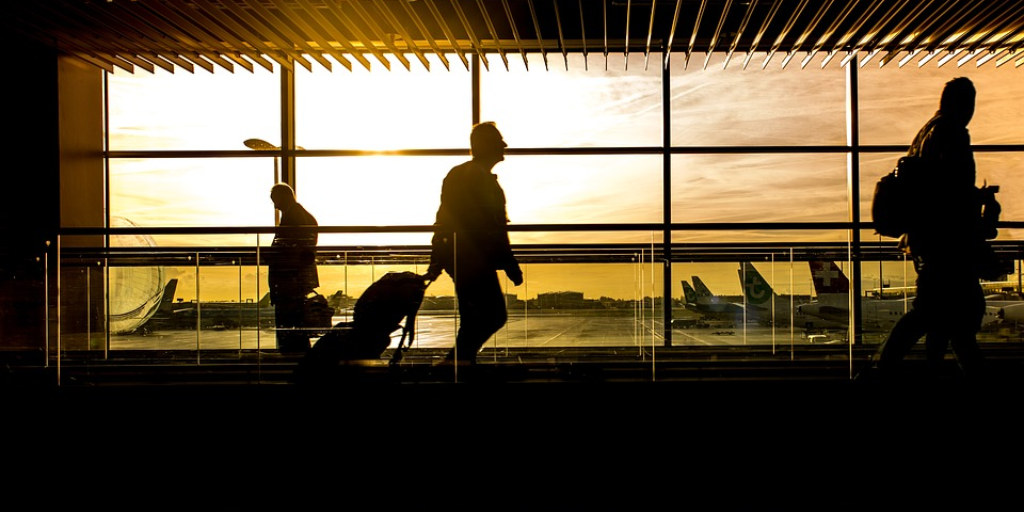Travelling for work can be expensive, whether it’s visiting clients in your home town or attending a conference overseas, so it’s important to claim everything you are entitled to in your tax return. But be aware that the ATO is paying increasing attention to claims in this area.
The essential thing to consider when claiming any travel expenses in your tax return is that it must be work-related and only take you away from home for a relatively short period of time. Any expenses you have paid and already been reimbursed for by your employer can’t be claimed. Here are some tips on what you can and can’t claim and the records you need to keep for the tax man.
Home to work travel expenses
Employees generally can’t claim for the cost of travel from home to work as this is considered a private expense. It’s worth noting, however, that there are some circumstances where you may be entitled to a deduction.
You can claim the cost of work-related travel if you are travelling directly between two separate workplaces, such as if you have a second job at another location. Travel from your normal workplace to an alternative workplace (such as a client’s premises) and back to your normal workplace or directly home is also claimable.
You can also claim the travel cost of carrying bulky work tools or equipment that can’t be left at your workplace.
Claims for the cost of driving your car between work and home and completing a minor work related task like picking up the mail will not be accepted.
Staying overnight for work
If your work takes you away from home for one or more nights, the rules change slightly. For your travel expenses to be deductible, you need written evidence of all expenses, and if the trip is for six or more consecutive nights, you need to keep a travel diary.
Some employers pay a travel allowance to cover your travel costs rather than asking you to pay for your expenses and reimbursing you later.
Each year the ATO releases a list of ‘reasonable amounts’ for accommodation, meals and incidentals. Reasonable amounts are the maximum you can claim without written evidence of the expense and are not an automatic deduction – you must have actually incurred the expense.
Travelling for work and play
When you travel for work – especially overseas – it’s tempting to add a short holiday to the trip, but you need to be careful about what you claim.
You can only claim travel expenses where there is a direct connection between your employment and the expense. This means if you add a short holiday to a work trip, you can’t claim all your expenses for the entire time you are away from home.
The ATO accepts some elements of business travel will be private, but these must be incidental to the overall purpose of the trip, not its main purpose. For example, if the main reason for your trip is business and you spend a few hours visiting family, all the airfare can still be claimed. Travel costs like car hire or train fares on the days you are working can also be claimed.
If part of your trip is for private enjoyment, your travel expenses must be carefully apportioned between the private and business components. For example, if you stay in a hotel for four days, with three days spent in business-related activities and the final day on private enjoyment, you can only claim three-quarters of your expenses. In this situation you can still claim the full airfare, as the primary purpose of the trip was work-related.
If this situation is reversed, however, your business activities would be considered minor and incidental to the purpose of the trip, making it harder to claim your expenses.
Generally, costs incurred by your spouse or family members who accompany you are not deductible unless they are involved in the business activities in some way.
If you would like to know what travel-related expenses you should be claiming in your annual tax return, give us a call.
